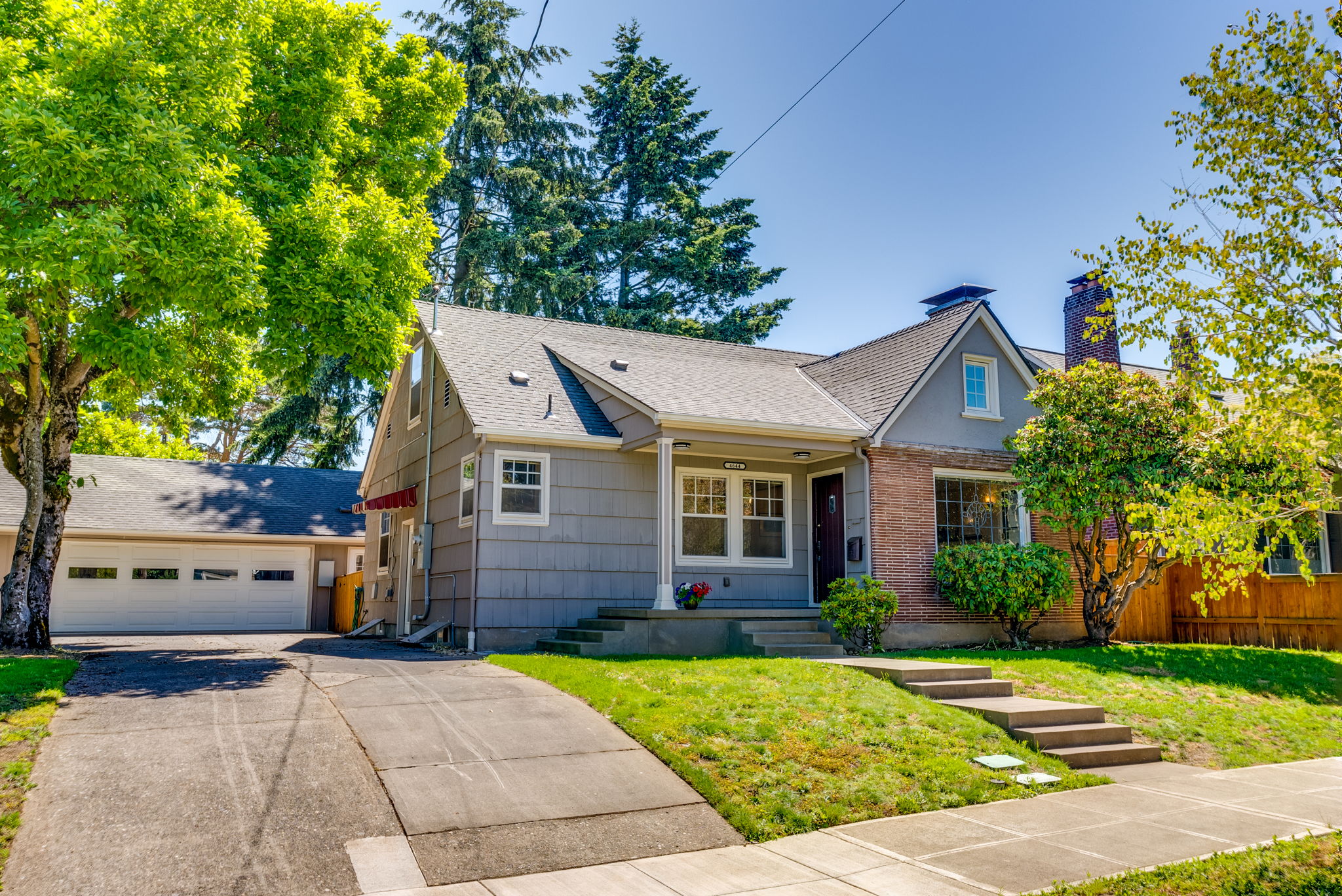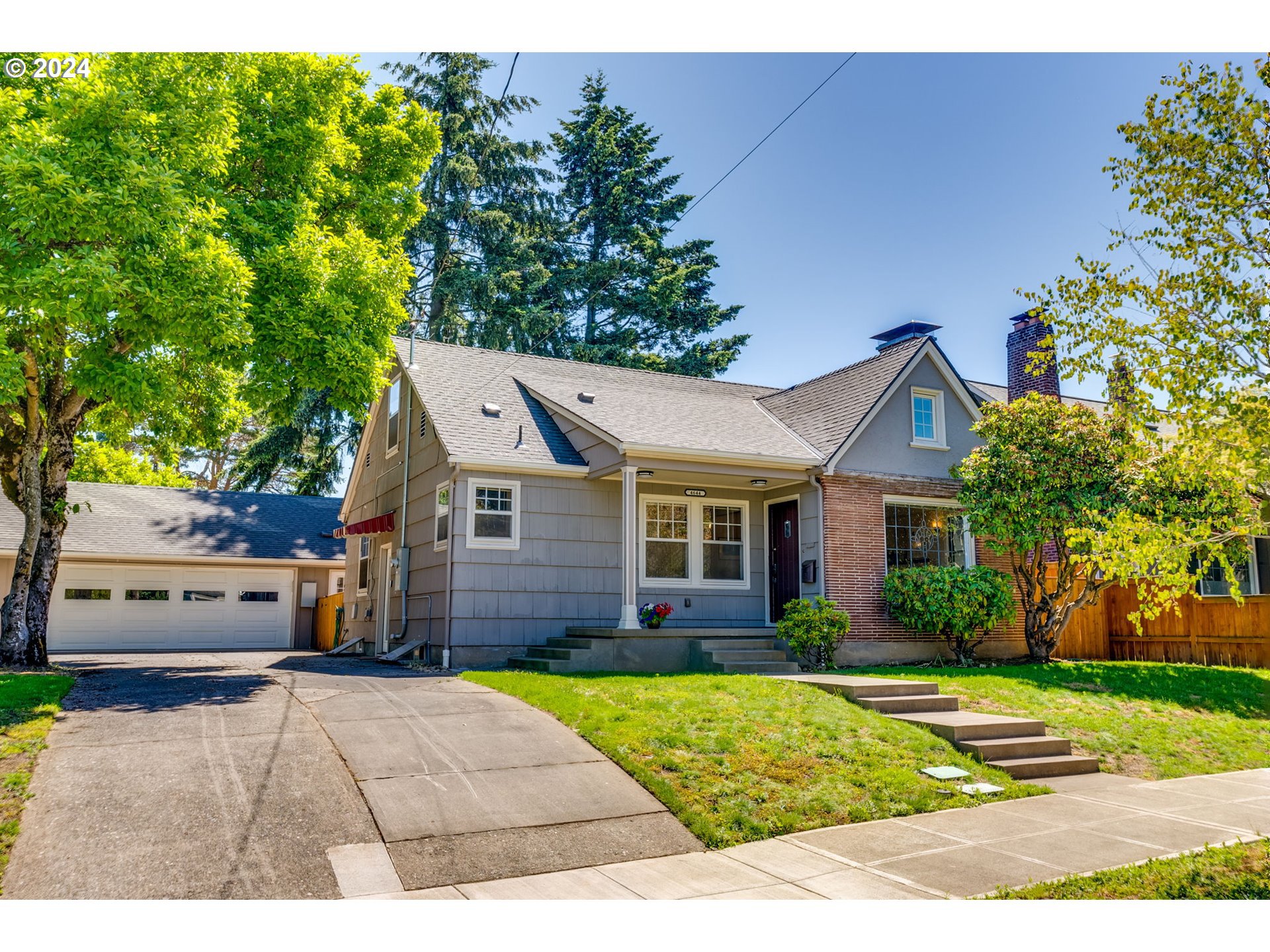In the world of real estate, the term “contingent” can sometimes leave buyers and sellers scratching their heads. Whether you’re navigating the buying process or preparing to list your home, understanding contingent offers is crucial. In this post, we’ll break down what it means to be “contingent” in real estate, how it affects you as a buyer or seller, and what potential scenarios you could face.
What Is a Contingent Offer?
A contingent offer on a house means the buyer has included a protective clause in their contract. This contingency gives the buyer an option to back out of the purchase if certain conditions are not met. Typically, a contingent offer involves the buyer needing to sell their current home before they can finalize the purchase of a new one. Think of it as a step in between “active” and “pending”—the property is not quite under contract yet, and there’s still an opportunity for other buyers to step in.
If you’ve heard the term “bumpable buyer,” it means that the current buyer’s offer is contingent on selling their home, and another buyer could potentially “bump” them out of the contract. Essentially, it’s a state of uncertainty, and another buyer might have a chance to swoop in.
What Does Being Contingent Mean for Buyers?
For buyers, there are two key scenarios involving contingent offers:
- You Are the Contingent Buyer: You want to buy a home, but you need to sell your current property first. This makes your offer contingent on that sale, which can sometimes be a hurdle. If another buyer who is not contingent decides to make an offer, you will usually have 48 to 72 hours to either remove your contingency or lose the property.
- You Are a Competing Buyer: You want to buy a property that already has a contingent offer. In this case, you can put in an offer, which then triggers the “bump clause.” The original buyer (who is contingent) will have a set amount of time to remove their contingency—if they can, they go from “contingent” to “pending,” solidifying their contract. If they cannot, the seller is free to accept your offer, and the contingent buyer is out.
What Does Being Contingent Mean for Sellers?
If you’re selling your home and receive a contingent offer, it’s important to understand the potential risks. If the buyer needs to sell their current home, this could delay your closing timeline. For instance, if their home takes longer to sell than expected, you might need to extend the closing date, which can be problematic depending on your plans.
It’s also essential to assess the buyer’s preparedness to sell their current property. Are they already on the market? Are they prepped and ready, or are they just starting? The more ready they are, the less risk you’ll face. Given the additional uncertainty, contingent buyers often need to make a stronger offer to compensate for the risk you are taking.
Key Takeaways
- Contingent Offers: Buyers need to meet specific conditions, often involving selling their current home.
- Bump Clauses: If you are the contingent buyer, be prepared to act quickly if a competing offer comes in.
- For Sellers: Contingent offers can mean more risk and longer timelines, but they might come with a higher price to compensate for that risk.
Watch the Full Video: The REAL Difference Between Contingent and Pending
If you have any questions about buying a home or need more personalized advice, feel free to reach out to me. Connect with me on YouTube, Instagram, or Facebook.
For a more detailed consultation or to get started on your home buying journey, schedule a free strategy session here. You can also access my Free Buyer’s Guide to help you through every step of the process here.



